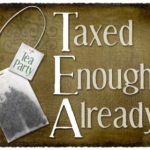Molasses Act »
Let’s learn why the poor enforcement of the British Molasses Act of 1773 opened the door to corruption among local officials.
What’s the Molasses Act, Anyway?
First things first, let’s talk about what the Molasses Act was all about. Imagine you’re in the 1700s, and you really love your sweet treats. Well, back then, sugar was a big deal, especially for making rum. And molasses was a key ingredient for this sugary drink.
The British government wanted to make sure they were making the most money off this molasses action. So, they passed …
Molasses Act »
It Was All About Molasses: The Molasses Act was primarily concerned with the trade of molasses, a key ingredient in rum production. It imposed duties on imported molasses from non-British colonies, primarily the French and Dutch West Indies. This tax aimed to protect British sugar plantations in the Caribbean.
Designed to Promote British Sugar: The British government wanted to encourage the consumption of sugar produced in its own colonies, especially the West Indies. By taxing foreign molasses heavily, they hoped to make British sugar more economically appealing to colonial producers.
A Complex …
Stamp Act »

The Stamp Act Congress met in the Federal Hall building in New York City between October 7 and 25, 1765. It was the first colonial action against a British measure and was formed to protest the issued by British Parliament on March 1765. The Stamp Act Congress was attended by of nine of the thirteen colonies. Virginia, North Carolina and Georgia were prevented from attending because their loyal governors refused to convene the assemblies to elect delegates. New Hampshire did not attend but approved the resolutions once Congress was over.
Federal …
Declaratory Act, Documents »
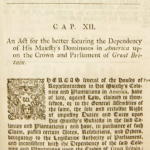
AN ACT for the better securing the dependency of his Majesty’s dominions in America upon the crown and parliament of Great Britain.
WHEREAS several of the houses of representatives in his Majesty’s colonies and plantations in America, have of late, against law, claimed to themselves, or to the general assemblies of the same, the sole and exclusive right of imposing duties and taxes upon his Majesty’s subjects in the said colonies and plantations; and have, in pursuance of such claim, passed certain votes, resolutions, and orders, derogatory to the legislative authority …
Declaratory Act, Timeline of British Acts on America »
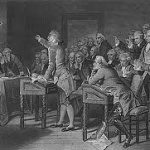
What was the Declaratory Act?
The Declaratory Act was a measure issued by British Parliament asserting its authority to make laws binding the colonists “in all cases whatsoever” including the right to tax. The Declaratory Act was a reaction of British Parliament to the failure of the as they did not want to give up on the principle of imperial taxation asserting its legal right to tax colonies.
When Parliament it concurrently approved the Declaratory Act to justify its repeal. It also declared all resolution issued by the null and void. This …
Documents, Townshend Acts »
An act for granting certain duties in the British colonies and plantations in America; for allowing a drawback of the duties of customs upon the exportation, from this kingdom, of coffee and cocoa nuts of the produce of the said colonies or plantations; for discontinuing the drawbacks payable on china earthen ware exported to America; and for more effectually preventing the clandestine running of goods in the colonies and plantations.
WHEREAS it is expedient that a revenue should be raised in your MajestyÂ’s dominions in America, for making a more certain …
Currency Act, Timeline of British Acts on America »
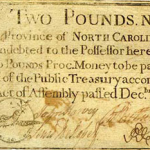
Definition of the 1764 Currency Act
The 1764 Currency Act was a law passed by British Parliament to regulate the issue and legal tender status of paper money in the colonial economy. This act was an extension of the that applied to New England colonies, the 1764 Currency Act applied the same principles to all British colonies in America.
Why was the 1764 Currency Act passed?
British law banned the minting of coins and the issue of official government money in America. To avoid this restriction colonial governments issued “bills of public credit”, …
Tea Act »
Tea Act »
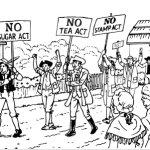
Consequences of the Tea Act
Despite the economic benefit to end consumers of tea, the Tea Act damaged the position of independent shippers, smugglers and local shopkeepers. John Hancock was a well known tea smuggler whose tea inventory was seized by custom officials. Powerful business interest and convinced the population to view the act as another means of as they did not have the freedom to buy tea from other merchants at the same price as from selected official merchants.
Colonists showed their opposition to the Tea Act through the Boston Tea …


